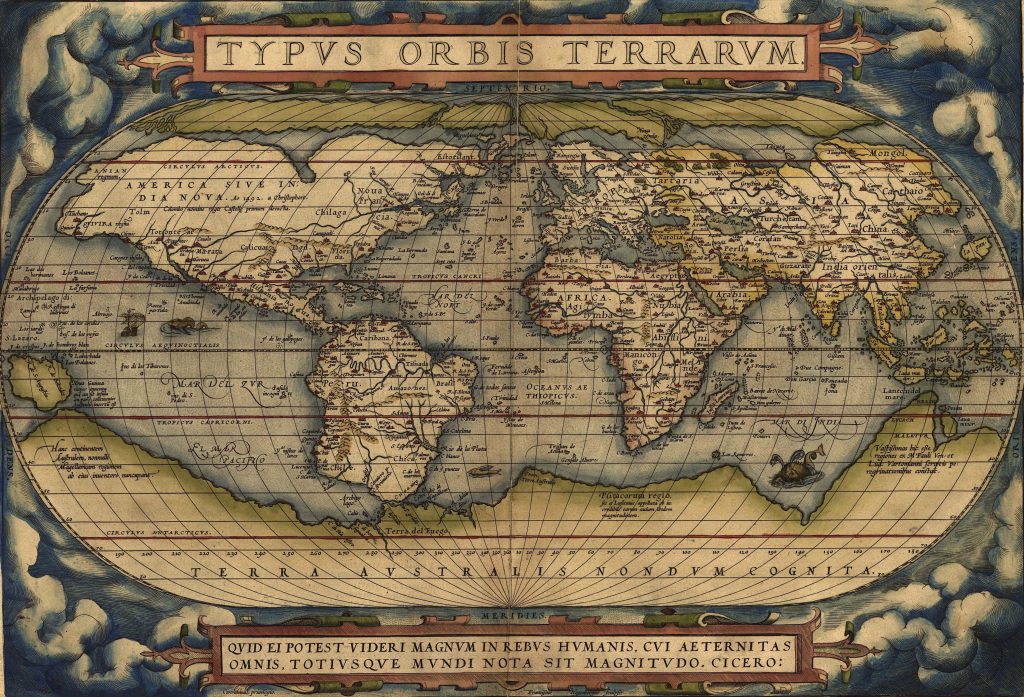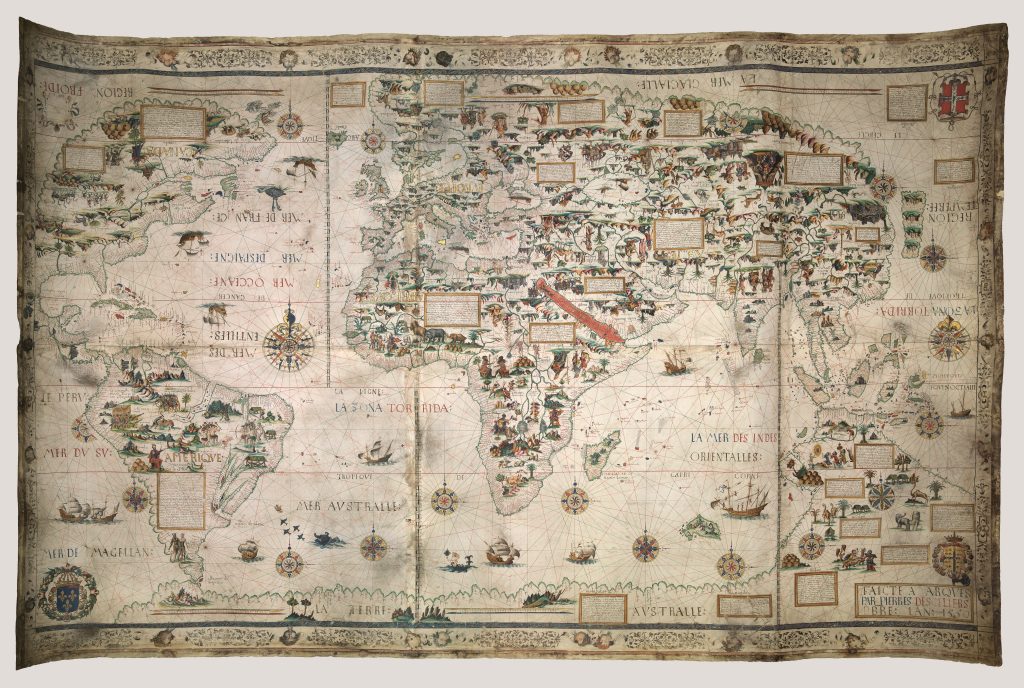Hieronder de PDF van de Buddhist Catechism (Henry S. Olcott, eerste druk 1881, talloze herdrukken) zoals vermeld in de tekst van het tweede Essay waar de ‘verenging van het religiebebrip’ tot een set of beliefs wordt behandeld). Interessant voor het onderwerp is met name de voetnoot bij vraag 1, waar de auteur uitlegt dat hij de term ‘religie’ niet van toepassing acht op het Boeddhisme, maar enkel gebruikt vanwege ‘common usage’ en omdat je anders ‘buiten beeld blijft (hij verwijst o.a. naar de statistici). Een observatie die ook nu nog van belang is. Wil je mee-eten uit de ruif van overheidssteun voor ‘religies’ (pluraal), moet je je wel formatteren volgens de administratieve criteria. Anders blijf je buiten beeld. In België heeft niet enkel het Boeddhisme dit gedaan, ook de georganiseerde Vrijzinnigheid, maar dit geheel terzijde.
1. Question. Of what religion* are you?
Answer. The Buddhist.
* The word ‘religion’ is most inappropriate to apply to Buddhism, which is not a religion, but a moral philosophy, as I have shown later on. But by common usage the word has been applied to all groups of people who profess a special moral doctrine, and is so employed by statisticians. The Sinhalese Buddhists have never yet had any conception of what Europeans imply in the etymological construction of the Latin root of this term. In their creed there is no such thing as a ‘binding’ in the Christian sense—a submission to or merging of self in a Divine Being. A´gama is their vernacular word to express their relation to Buddhism and the Buddha. It is pure Samskrit, and means ‘approach, or coming;’ and as ‘Buddha‘ is enlightenment, the compound word by which they indicate Buddhism—Buddhâgama—would be properly rendered as ‘an approach or coming to enlightenment,’ or possibly as a following of the Doctrine of Sakya Muni. The missionaries, finding A´gama ready to their hand, adopted it as the equivalent for ‘religion’; and Christianity is written by them Christianiâgama, whereas it should be Christiani bandhana, for bandhana is the etymological equivalent for ‘religion.’ The name Vibhajja váda—one who analyses—is another name given to a Buddhist, and Advayavadi is a third. With this explanation, I continue to employ under protest the familiar word when speaking of Buddhistic philosophy, for the convenience of the ordinary reader.
buddhist-catechism
 Maurice Merleau-Ponty (1908-1961).
Maurice Merleau-Ponty (1908-1961).








 Olivier Roy (
Olivier Roy (


 Peter Berger (1929-2017) was een invloedrijk godsdienstsocioloog. Zijn boek uit 1967 The Sacred Canopy vestigde zijn naam op dit terrein. In dit boek combineerde hij de secularisatiethese van Weber met zijn eigen visie op religies als ‘sociale constructies’. Al snel zag hij de blikvernauwing. In de jaren 1990 stelde hij dat Moderniteit leidt tot pluraliteit (als feit) op religieus terrein en dus tot de vaststelling dat men niet meer op dezelfde manier religieus kan zijn als vroeger, nl. vanzelfsprekend. Dit kan vervolgens zowel tot relativitering als tot fundamentalisering van het religieuze leiden. Secularisatie is dan een optie (Europa), maar geen dwingend gevolg.
Peter Berger (1929-2017) was een invloedrijk godsdienstsocioloog. Zijn boek uit 1967 The Sacred Canopy vestigde zijn naam op dit terrein. In dit boek combineerde hij de secularisatiethese van Weber met zijn eigen visie op religies als ‘sociale constructies’. Al snel zag hij de blikvernauwing. In de jaren 1990 stelde hij dat Moderniteit leidt tot pluraliteit (als feit) op religieus terrein en dus tot de vaststelling dat men niet meer op dezelfde manier religieus kan zijn als vroeger, nl. vanzelfsprekend. Dit kan vervolgens zowel tot relativitering als tot fundamentalisering van het religieuze leiden. Secularisatie is dan een optie (Europa), maar geen dwingend gevolg. ‘Onze Lieve Heer op zolder’ is de negentiende eeuwse naam van de schuilkerk die de rooms-katholieken in de zeventiende eeuw inrichtten op de zolder van een groot (gecombineerde) herenhuis aan de Amsterdamse Oudezijds Voorburgwal. Van binnen een kerk, van buiten niets bijzonders te zien.
‘Onze Lieve Heer op zolder’ is de negentiende eeuwse naam van de schuilkerk die de rooms-katholieken in de zeventiende eeuw inrichtten op de zolder van een groot (gecombineerde) herenhuis aan de Amsterdamse Oudezijds Voorburgwal. Van binnen een kerk, van buiten niets bijzonders te zien.